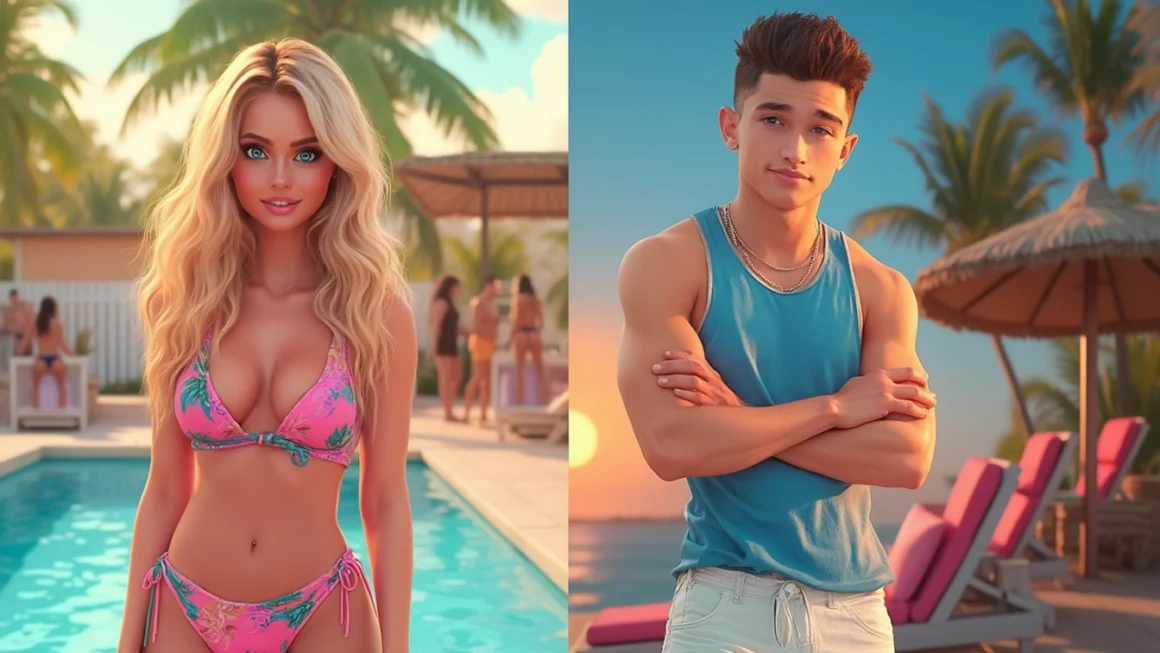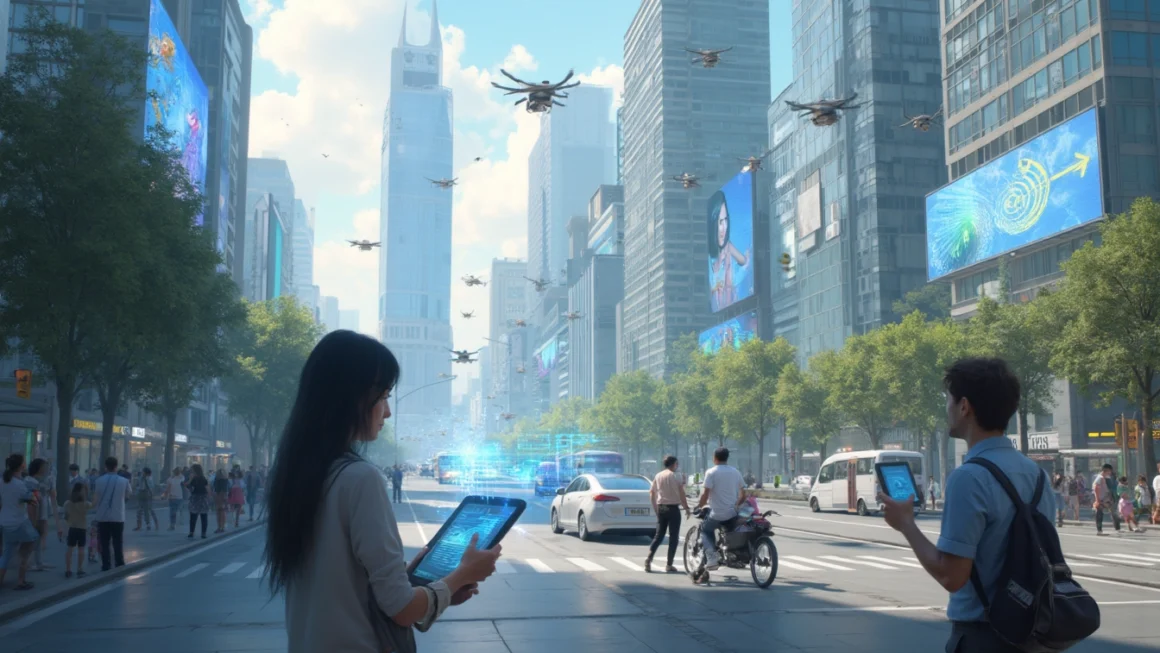The Rising Popularity of Fake Love Island
Table of Contents
In an era where reality TV continues to captivate audiences worldwide, a surprising trend has emerged on TikTok: the creation of fake Love Island content. This phenomenon has taken the social media platform by storm, with creators producing their own versions of the popular dating show, complete with dramatic twists, romantic encounters, and intense confrontations.
The Birth of a Viral Trend
The trend began with TikTok user Jayde Vincent, who ingeniously used AI technology to generate images of fictional Love Island contestants. These AI-created characters became the stars of her made-up storylines, which she narrated in a style reminiscent of the show’s iconic voice-over. The result? A series of videos that quickly went viral, amassing millions of views and sparking a new wave of content creation.
Why Fake Love Island is Capturing Hearts
The appeal of these fake Love Island videos lies in their ability to provide fans with a fresh and interactive twist on the familiar format. Viewers can enjoy the drama and romance they’ve come to expect from the show, but with the added excitement of influencing the storyline through their engagement and comments.
Some key factors contributing to the trend’s success include:
- Creative storytelling that keeps viewers hooked
- The use of AI technology to create realistic-looking contestants
- Interactive elements that allow fans to participate in the narrative
- The ability to produce content quickly and regularly, satisfying viewers’ appetite for drama
The Impact on Social Media and Entertainment
This trend is not just a passing fad; it’s reshaping how we consume and interact with entertainment content on social media platforms. The success of fake Love Island videos demonstrates the power of user-generated content and the potential for AI to revolutionize storytelling in the digital age.
Moreover, it highlights the growing demand for personalized and interactive entertainment experiences. As viewers become more accustomed to having a say in the content they consume, traditional media may need to adapt to keep pace with these changing expectations.
The Future of Fan-Created Content
The rise of fake Love Island on TikTok is just the beginning. This trend opens up exciting possibilities for fan-created content across various genres and formats. We may soon see similar approaches applied to other popular shows, movies, or even entirely original concepts.
As automation tools become more accessible, creators will have even more opportunities to produce high-quality, engaging content that blurs the lines between reality TV and social media entertainment.
Challenges and Considerations
While the trend is undoubtedly innovative and entertaining, it also raises some important questions:
- Copyright and intellectual property concerns
- The ethical implications of using AI-generated images
- The potential impact on the original Love Island brand
- The line between parody and imitation
As this form of content creation continues to evolve, it will be crucial for platforms, creators, and media companies to navigate these challenges responsibly.
Conclusion
The fake Love Island phenomenon on TikTok is more than just a trend; it’s a glimpse into the future of interactive entertainment. By combining AI technology, creative storytelling, and user engagement, creators are crafting a new form of content that resonates deeply with audiences.
As we look to the future, it’s clear that the lines between traditional media, social platforms, and user-generated content will continue to blur. This exciting development opens up new possibilities for storytelling, audience engagement, and the democratization of content creation.
Whether you’re a fan of Love Island or not, there’s no denying the impact and potential of this innovative approach to entertainment. As the trend continues to grow and evolve, it will be fascinating to see how it shapes the future of social media content and beyond.




